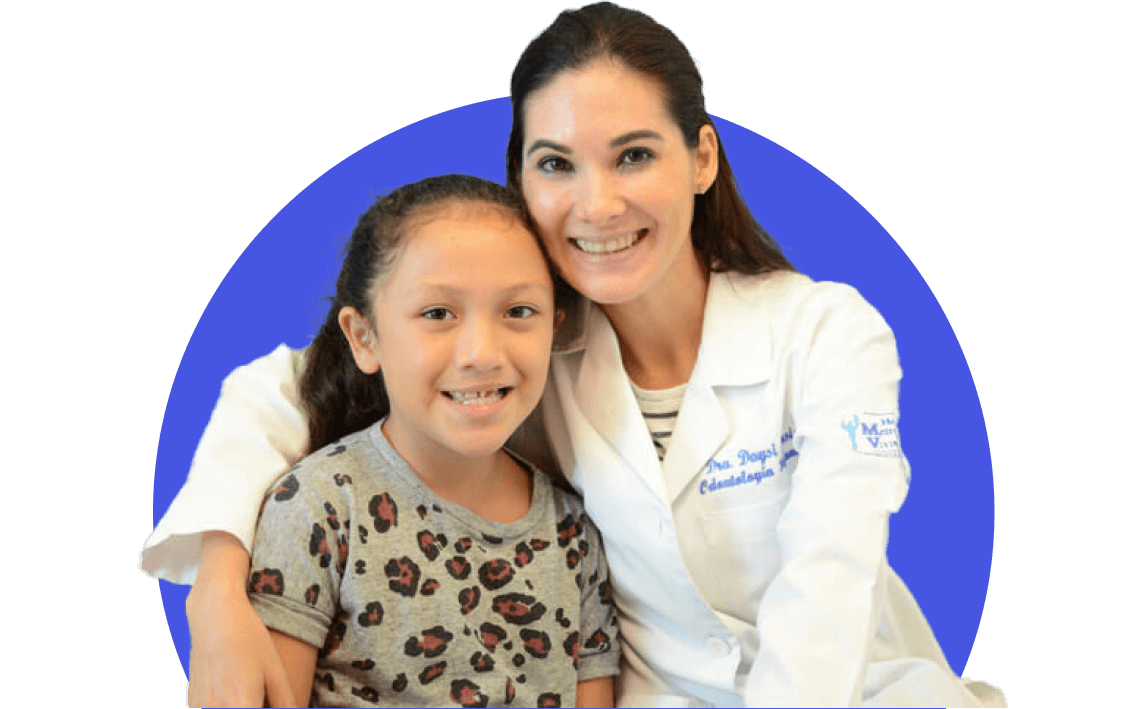- Cleft Home
- What is Cleft Lip and/or Palate?
- Prenatal Diagnosis
- Feeding Your Baby
- What is a Cleft Team?
- Surgery
- Hearing, Speech, and Dental Care
- Paying for Treatment
- Managing Feelings
- Craniofacial Conditions
- Toddlers and Preschoolers
- The School-Aged Years
- The Teenage Years
- Letter to a Teacher
- Information for Adults
- Support Organizations
- Learn More: Downloads
- Cleft Home
- What is Cleft Lip and/or Palate?
- Prenatal Diagnosis
- Feeding Your Baby
- What is a Cleft Team?
- Surgery
- Hearing, Speech, and Dental Care
- Paying for Treatment
- Managing Feelings
- Craniofacial Conditions
- Toddlers and Preschoolers
- The School-Aged Years
- The Teenage Years
- Letter to a Teacher
- Information for Adults
- Support Organizations
- Learn More: Downloads
What is Crouzon syndrome?
Crouzon syndrome, also called craniofacial dysostosis, is a birth difference characterized by premature craniofacial fusion, meaning that one or more of the fibrous seams of the skull and face (called sutures) join together too soon. Crouzon syndrome is a rare form of craniosynostosis.
The seams located between the skull bones typically allow the brain to expand with growth. When one or more of the seams fuses too soon, the bones of the skull cannot grow as they should, affecting the shape of the head, the appearance of the face, and the relationship of the teeth.
What causes this Crouzon syndrome?
Crouzon syndrome is caused by a gene mutation. If one biological parent of an affected child was born with Crouzon syndrome themselves, the mutated gene is then known to have been contributed by that parent. If both biological parents are unaffected by Crouzon (receiving no diagnosis of the syndrome themselves), the mutation is the result of a change in the genetic material at the time of conception, the exact cause of which is unknown.
What kinds of issues occur as a result of Crouzon syndrome?
Crouzon syndrome varies in severity from person to person. Some of the issues listed below may or may not be present in your child. If present, the issues could be mild or severe.
Upper Jaw and Related Differences: People born with Crouzon syndrome often have an underdeveloped upper jaw. This underdevelopment can cause facial differences such as bulging eyes, a sunken middle-third of the face, and a misalignment of the upper and lower jaws (called malocclusion). The dental and surgery specialists on the craniofacial team (described below) will address these issues.
The Eyes: Some individuals born with Crouzon syndrome have problems with dry eyes, excessive tearing, or muscle balance (a condition called strabismus). Children born with this condition should be examined by an eye doctor (ophthalmologist) and treated promptly if issues arise.
The Ears: Individuals born with Crouzon syndrome are vulnerable to ear problems. Starting in early infancy, the specialists on the craniofacial team will assess your child for ear disease and hearing loss. The ears should be monitored as a child grows.
Speech and Language: While many children born with Crouzon syndrome develop normal speech and language, some need help in the form of speech therapy and/or other forms of treatment. The speech-language pathologist on the craniofacial team will assess speech and language development at regular intervals and recommend treatment if needed.
Who treats Crouzon syndrome?
It is important for a person born with Crouzon syndrome to see a craniofacial team, a group of specialists who work together to provide a complete evaluation, optimum treatment planning, and comprehensive services throughout childhood and in some cases into early adulthood. Click here to learn more about ACPA approved team care, and to locate a team near you.
What kinds of treatment are involved?
The need, extent, and timing for treatment of the issues that arise from Crouzon syndrome depend on how severely a person is affected and at what age. During infancy, surgery may be required to release and reshape the bones of the skull. Orthodontics and jaw surgery may be required during childhood, teenage, or even adult years to reposition the teeth and jaws.
The operations associated with Crouzon syndrome can be complicated and are best performed by specially trained craniofacial surgeons at major craniofacial centers.
Is intelligence affected by Crouzon syndrome?
Intelligence is not usually affected by Crouzon syndrome. A person born with this condition should be evaluated periodically. If concerns regarding mental function arise, appropriate referral for testing should be made.
How will Crouzon syndrome affect my child socially and emotionally?
Children born with Crouzon syndrome, like all other children, are individuals. They vary in social adjustment, academic achievement, temperament, and more. The professionals at craniofacial centers try to maximize each child’s potential by offering early diagnosis and treatment when indicated.
Members of the craniofacial team are also available to help a child with their mental health. If your child experiences challenges with family and social relationships, be sure to consult members of the team, particularly the psychologist or social worker, who can show you where to start.
What can I do for my baby right now?
Crouzon syndrome resembles several other syndromes. It is important to be certain that a diagnosis of Crouzon syndrome is correct. A geneticist should evaluate your child, make a diagnosis, and share related information with your family.
If your child has been diagnosed with Crouzon syndrome, it is critical to connect with a craniofacial team. Finally, be sure to seek support. Many families find it beneficial to meet other individuals and families affected by similar facial differences. Parent-patient support groups can provide companionship, understanding, and reassurance.



